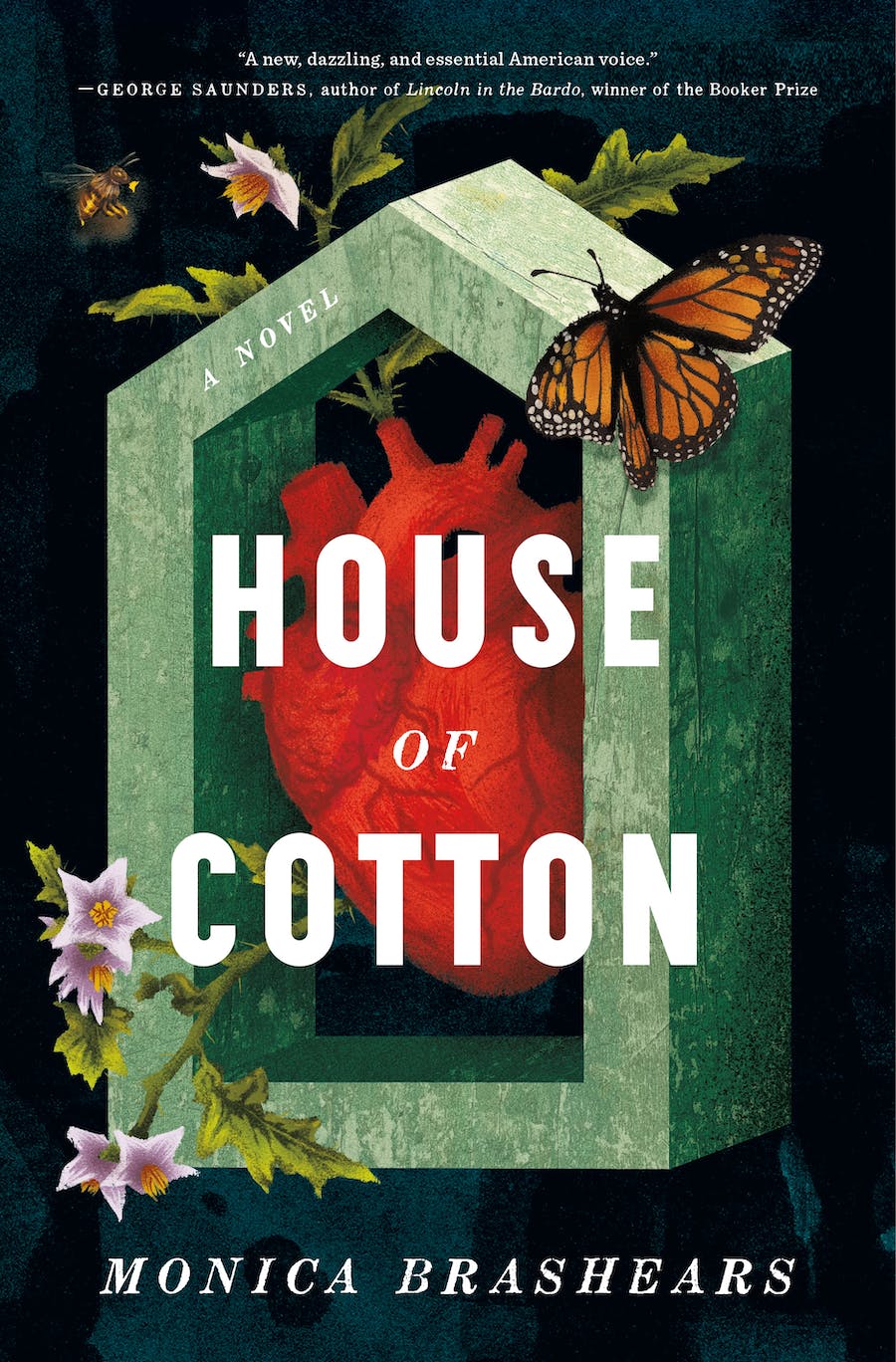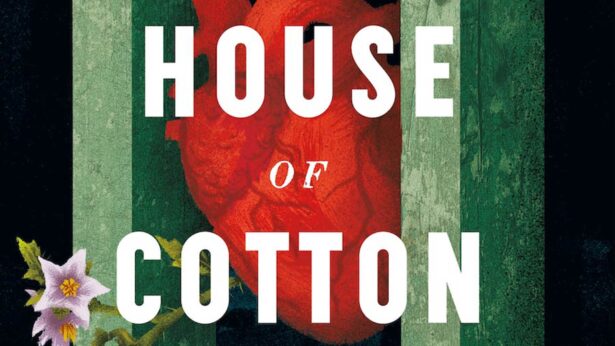
Monica Brashears says people tell stories to question with a fresh perspective.
“At the heart of story are the things we can’t explain—big and small—like trauma, or what comes after the blink of death, or something as tangled as the intricacies of our subconscious, and even in simplicity—like why someone’s smile might inspire or topple love,” she says. “Various forms can help us get nearer to answers (or, at least, satisfying near-answers) all the same—but a reader may feel moved in surprising ways once taken out of their comfort zone. Which, of course, makes those slippery near-answers stick around in our minds a bit longer.”
Brashears’ following conversation with UT Knoxville English Department Director of Undergraduate Programs Gerard Cohen-Vrignaud has been condensed and edited for clarity.
GCV: Your time at UTK was part of the process for the genesis of this novel. Right?
MB: I’ve been writing since I was a kid, but I didn’t really have classes to give me structure, or I didn’t know where my influences really were. In my house mostly was just a lot of Bibles and Stephen King, and I can’t write like Stephen King, and I’m afraid of the Bible. This is really where I found the writers who I love, and felt a little like home, and also some poetry courses.
GCV: You started this novel in Professor Christopher Hebert’s class?
MB: Yes. It was such a terrible short story, and he was so very kind because I was still trying to be like Stephen King. That was the first class that I was really encouraged to be generative because there were daily exercises, and we spent time on revision.
GCV: This novel really gives you a good sense of Knoxville. Was it important for you to write about Knoxville?
MB: Yes, it was. I was writing from a place of that blue flame, and for me, Knoxville has that. It’s all I’ve known, really, for most of my life. All of my experiences are just braided throughout the streets.
GCV: Can you tell me about the Gothic elements in the novel?
MB: The texts that I’m most drawn to are in the Gothic tradition, like William Faulkner or Jesmyn Ward. Growing up as a Black girl in a very small town, I had this very complicated relationship with the South and with Appalachia, where these terrible things would happen because of my makeup. But the land—I love the land so much. I would spend a lot of time outside as a little girl, and I would try to reckon with, in very elementary ways, how can I love this place, but the people in the place hate me. That naturally brings forth the darkness, while also emphasizing the beauty. And growing up Southern Baptist, that’s just a whole other level of fear that also holds hand with the Gothic tradition.
Monica Brashears (Knoxville ’19), is an affrilachian writer. Her debut novel, House of Cotton (Flatiron Books), was published in 2023. It was named one of National Public Radio’s best books of the year.

